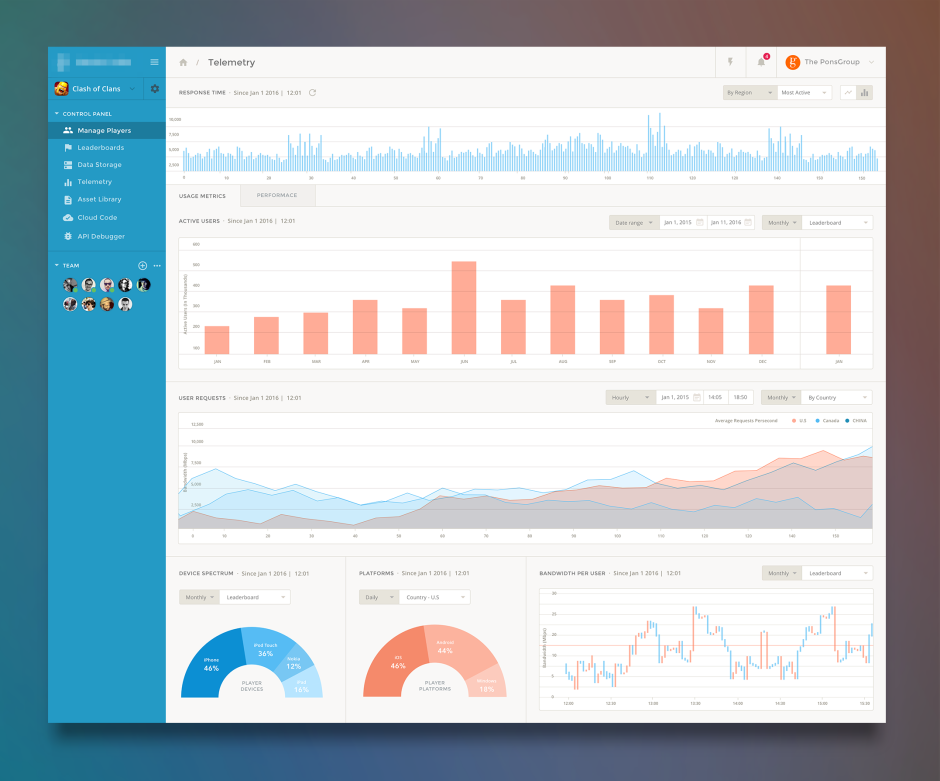Esg metrics
ESG (Environmental, Social, and Governance) metrics are a set of quantifiable measurements used to assess a company's performance in terms of sustainability and responsible business practices. These metrics provide investors, stakeholders, and regulators with valuable insights into how well a company is managing its environmental impact, social responsibilities, and corporate governance.
When it comes to the environmental aspect, ESG metrics focus on factors such as energy consumption, carbon emissions, waste management, and water usage. By tracking these metrics, companies can identify areas where they can reduce their ecological footprint and operate more sustainably.
Social metrics, on the other hand, measure a company's impact on its employees, customers, and the communities it operates in. This includes factors like employee satisfaction, diversity and inclusion, customer satisfaction, community involvement, and human rights policies. By monitoring these metrics, companies can ensure that they are fostering a positive and inclusive work environment while also contributing to the well-being of society.
Lastly, governance metrics evaluate a company's leadership, ethics, and transparency. These metrics assess aspects such as board composition, executive compensation, shareholder rights, and risk management practices. By maintaining strong governance practices, companies can enhance trust and confidence among their stakeholders, mitigating potential risks and ensuring long-term success.
Collecting and analyzing ESG metrics allows companies to identify areas for improvement and track progress towards sustainability goals. Moreover, it enables investors to make informed decisions based on a company's commitment to environmental stewardship, social responsibility, and strong corporate governance. In today's world, where sustainable practices and responsible business conduct are becoming increasingly important, ESG metrics play a crucial role in evaluating a company's overall performance and value.














































































